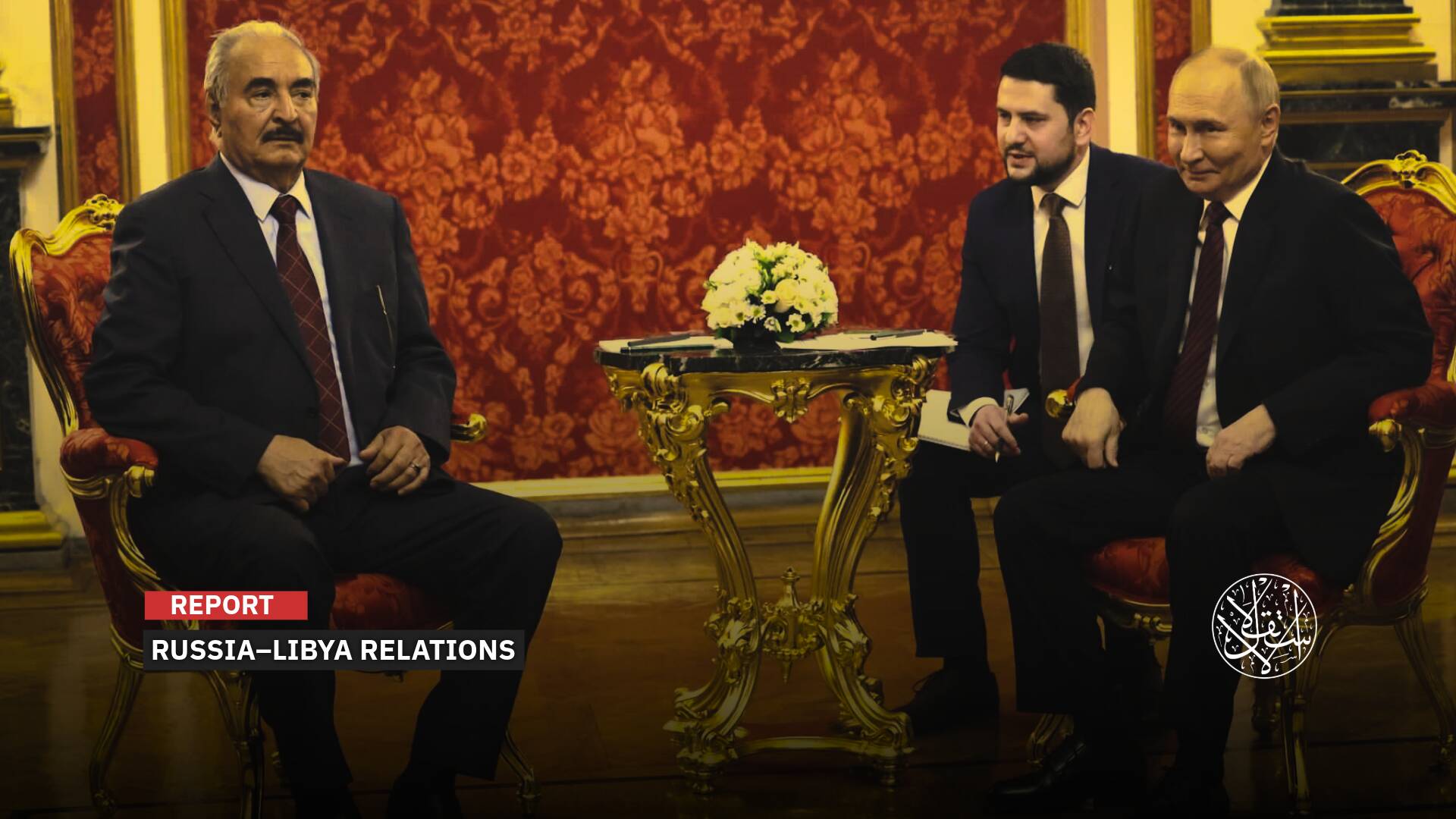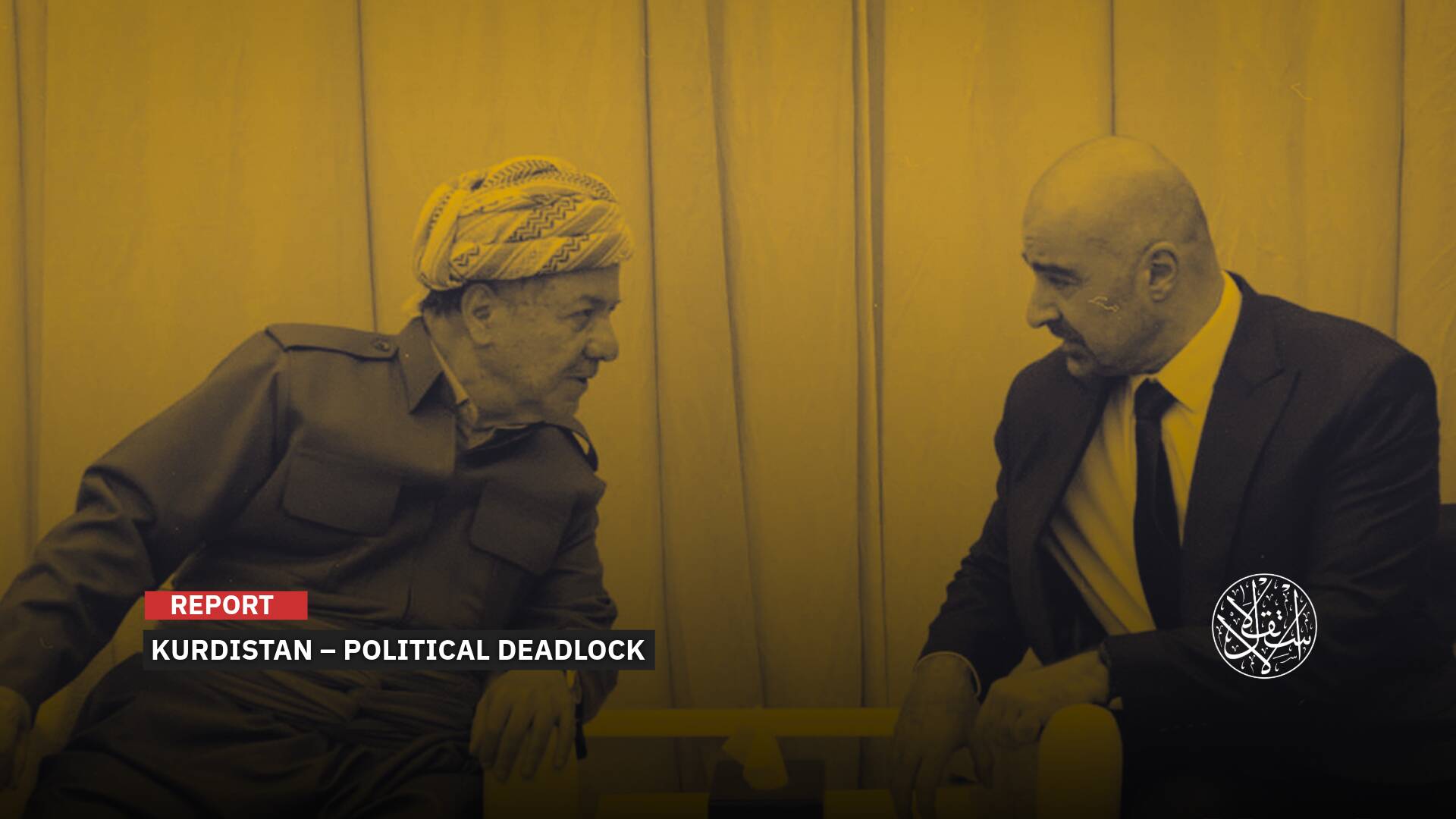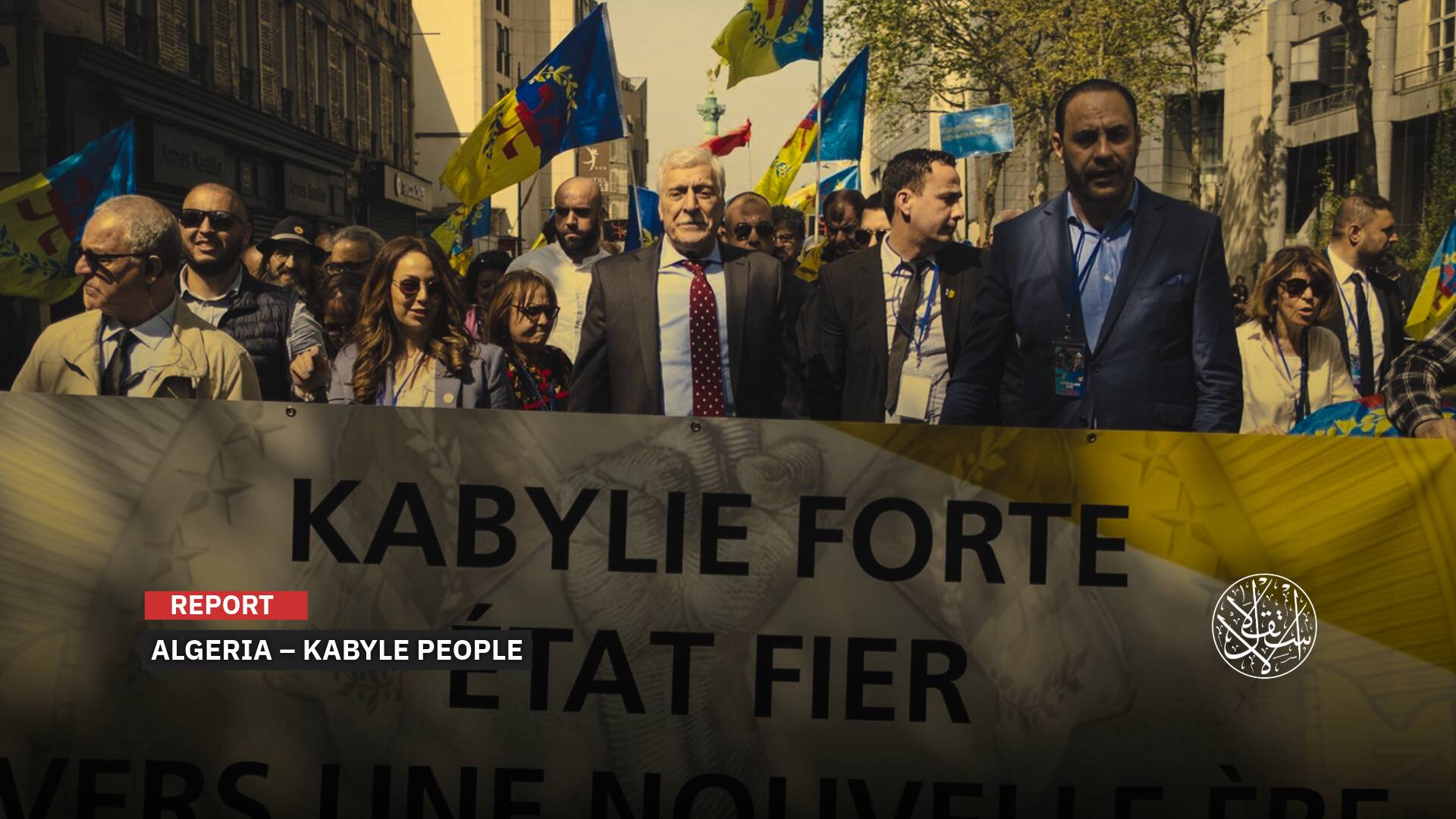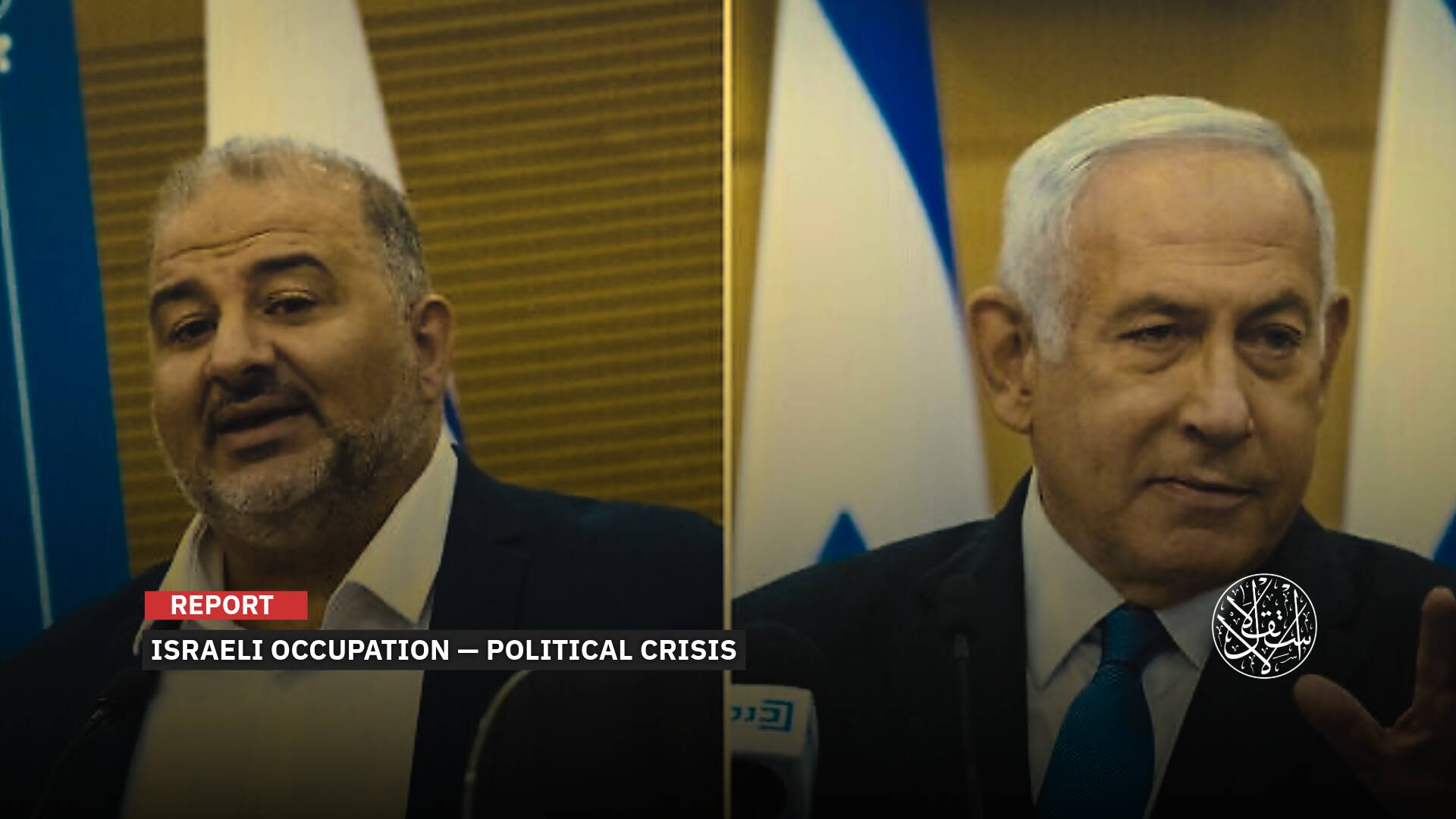Senegal’s President Launches Legal Action Against Five Former Ministers — What’s Behind the Move?

The ministers stand accused of mismanaging a fund with an estimated budget of approximately 1,000 billion CFA francs.
The Senegalese parliament has engaged decisively with President Macky Sall’s successor, Bassirou Diomaye Faye’s new agenda, which promises a crackdown on corruption.
This commitment was underlined on May 8, 2025, when the parliament, by a majority vote, approved five motions to refer former ministers from Sall’s administration to the Supreme Court on charges of corruption.
However, opposition voices have not hidden their concerns, warning that the anti-corruption drive risks being wielded as a tool for political vendettas.
On May 9, the website African Perceptions reported that the ministers stand accused of mismanaging a fund with a budget of around 1,000 billion CFA francs (€1.5 billion), financed by the Senegalese state alongside international donors.
The fund was intended to bolster the healthcare system and support households during the COVID-19 crisis.
However, a report issued by the Court of Auditors in December 2022 highlighted significant irregularities in its management.
Since independence in 1960, government officials have been brought before the Supreme Court only twice.
The first instance was in 1963, when former Prime Minister Mamadou Dia stood trial, and the second occurred in 2005, with the prosecution of former Prime Minister Idrissa Seck.
Serious Disruptions
Abdullah Tall, chair of the National Assembly’s Committee on Laws, Decentralization, Labor, and Human Rights, emphasized that “the Assembly is the sole authority empowered to issue a referral decision to the Supreme Court.”
Speaking to the state news agency, Tall insisted that the National Assembly “is not a political body, despite being composed of elected deputies,” stressing that the decision was based on facts rather than political calculations.
During the plenary session to vote on the motions to impeach the former ministers, MPs sounded the alarm over the dangers of complacency in tackling financial crimes. Among them was Marius Sagna, a deputy from the ruling party, Pastef.
“There is gross negligence in the management of public affairs. Civil servants are colluding with ministers who embezzle taxpayers’ money. We must overhaul our system. Make it clear to our government that we will take legal action over any leniency, even if it’s over the smallest amount,” Sagna noted.
Sagna emphasized that corruption, embezzlement, and other factors have contributed to Senegal being ranked among the 30 poorest countries in the world. He called for an end to these “unhealthy practices.”
“The misappropriation of public funds must stop. For over 60 years, those in power have been siphoning off taxpayers’ money,” Sagna continued.
The Ministers' Accusations
Former Minister of Industrial Development and current MP, Moustapha Diop, is suspected of embezzling funds during his tenure.
He is specifically accused of spending 2.5 billion CFA francs (€3.8 million) in cash, a move described as a violation of accounting regulations, according to a parliamentary report.
Reports also indicate that Salimata Diop spent over 52 million CFA francs (€79,273) without supporting documentation or through fraudulent means during her tenure as Minister for Women, Family, and Children.
Authorities suspect her colleague, Aissatou Sophie Gladima, Minister of Mines and Geology, of embezzling more than 193 million CFA francs (€294,220).
Former Minister of Community Development, Amadou Mansour Faye, is suspected of “embezzling public funds” after overspending by 2.7 billion CFA francs (€4.1 million) on rice purchases.
Meanwhile, Ismaila Madior Fall, the Justice Minister, faces allegations of “corruption and bribery” linked to a land deal, accused by a property developer.
In a live broadcast on a private channel, Fall denied the charges against him.
Illegal Charges
The majority’s moves failed to win the approval of the opposition, with MP and former minister under the previous president, Aissata Tall Sall, sharply criticising the measures taken against the former ministers. She argued that the deputies had effectively “replaced the public prosecutor.”
Tall Sall, a trained lawyer with experience in the legal profession, maintained that the parliamentary vote on the charges against the five former ministers was “illegal.”
In response, Seydou Gueye, former minister and executive official of the opposition Alliance for the Republic, condemned what he described as a disastrous project of violent political revenge aimed squarely at former president Macky Sall, his close associates, and the Alliance for the Republic.
Speaking to PressAfrik on May 9, 2025, Jayi said, “Our party is the main target of an attempt to erase the name, image, and legacy of President Macky Sall from the collective memory of our citizens.”
Gueye denounced what he called a conspiracy orchestrated by the parliamentary majority, accusing them of “passing judgment” on the five former ministers before any judicial investigation had taken place.
“Rejecting the treatment of our public officials as spoils of war by a government that has nothing to offer the Senegalese people,” Gueye noted.
In light of the situation, the outgoing ruling party expressed its “full solidarity” with the accused ministers, describing their prosecution as clearly politically motivated.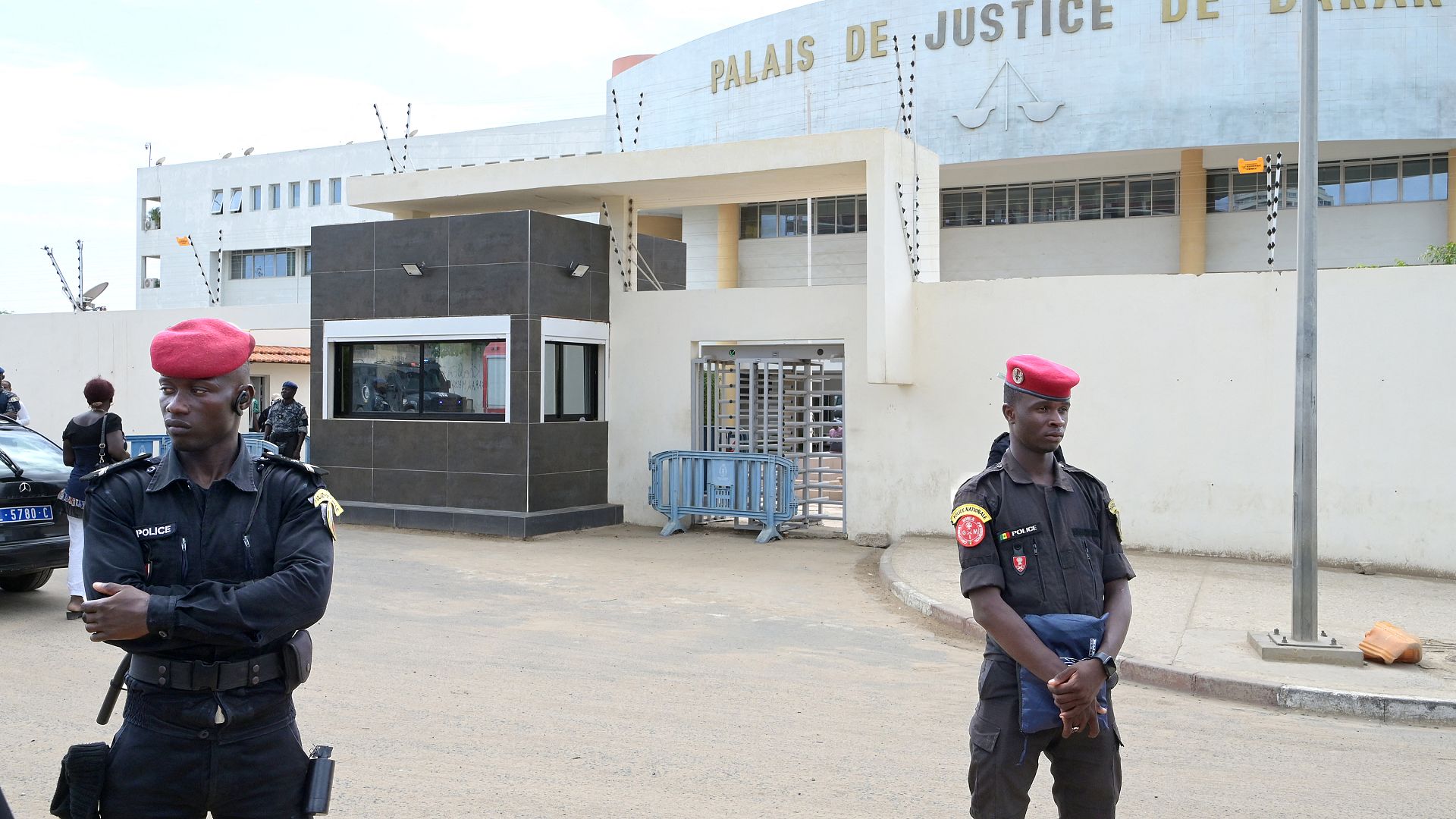
Irregular Court
Speaking on the matter, political activist and human rights campaigner Ndeye Fatou Toure said that the decision to refer the former ministers to the Supreme Court concerns all Senegalese citizens.
She added to Al-Estiklal that this court, enshrined in the constitution, is an exceptional judicial body and must not be used as a tool for settling scores or political revenge.
"The facts behind the accusations against the ministers must come before the charges, not the other way around. Yet, in many of the cases cited, the legal grounds appear tenuous, the evidence uncertain, and the proceedings have begun amid a climate of suspicion," Toure said.
She questioned whether this pursuit aims to entrench a culture of fear, one that could deter ministers and officials from taking action for fear of prosecution with every change of government — a dynamic that ultimately undermines state continuity.
“Governance means making decisions, and if every action can be politically overturned, who would dare to take ministerial responsibility? We must therefore listen to the people’s aspirations, understand them, and pursue structural reforms—not orchestrated judicial displays controlled from afar,” Toure added.
Meanwhile, the political and human rights activist expressed confidence that Senegal possesses effective oversight institutions, urging parliament to clarify all details proving that its decision was based on objective grounds rather than a desire for revenge.
Toure emphasized that the primary challenge the ruling majority must address is restoring meaning to our institutions as guardians of the public interest, while upholding the rule of law, democratic principles, and the foundations of the republic.
Since assuming power in March 2024, President Bassirou Diomaye Faye’s administration — under the banner of “Jef, Jealu, Jefante” (Integrity, Exemplarity, Justice in the Wolof language) — has launched a series of audits into the management of the country between 2019 and 2024.
President Diomaye Faye and his prime minister, Ousmane Sonko, have pledged to hold previous leaders accountable for alleged misconduct in public affairs, beginning with former president Macky Sall, his cabinet, and senior officials across the state.


